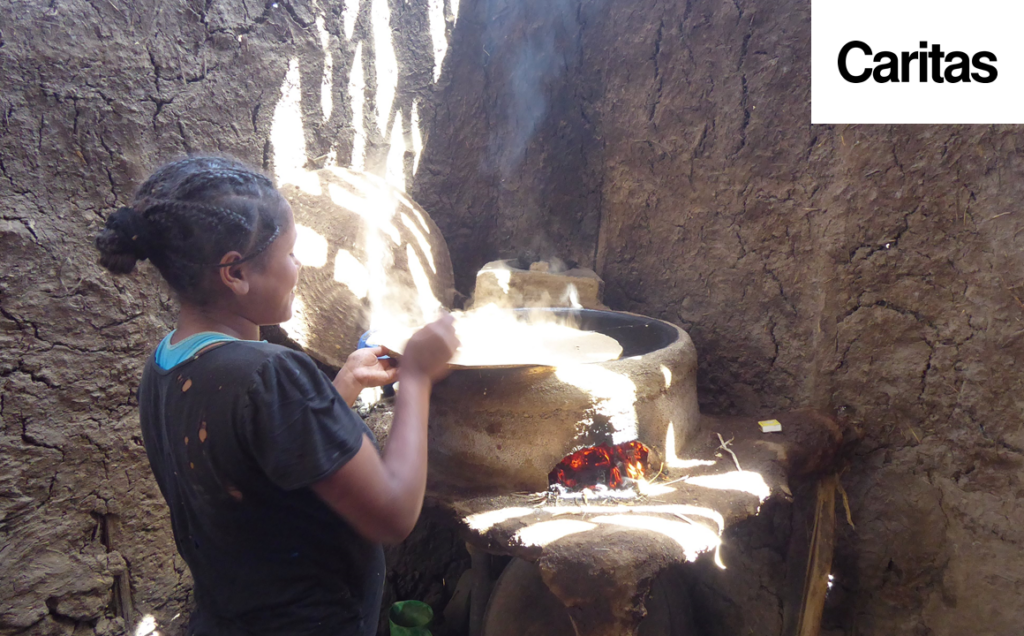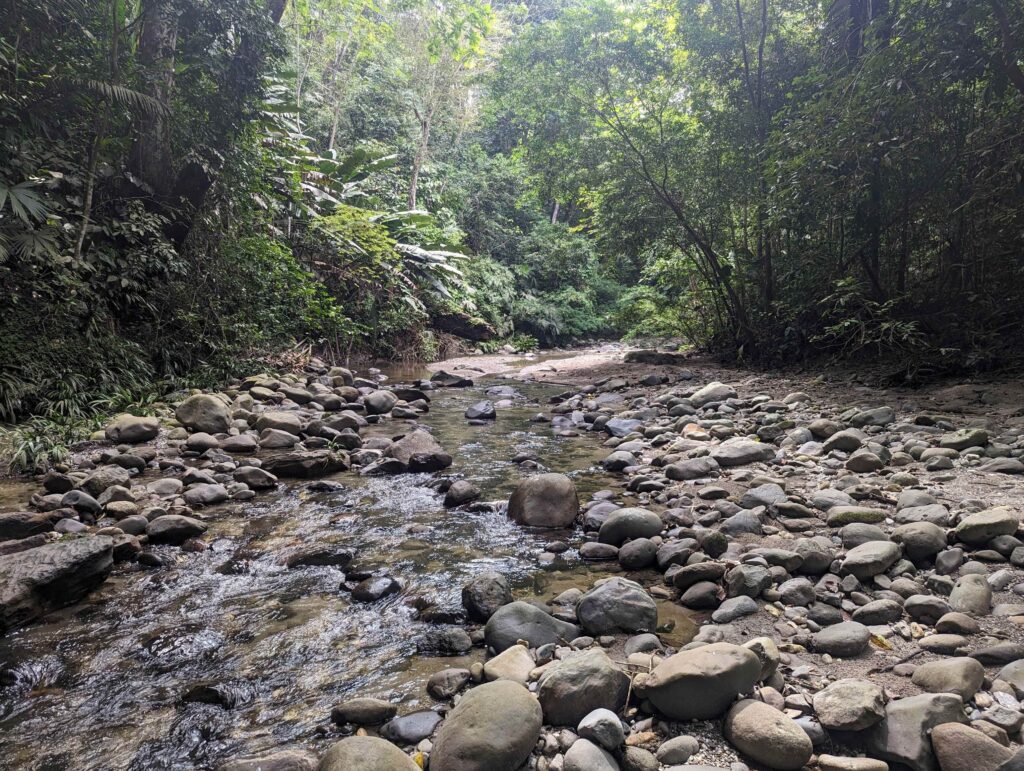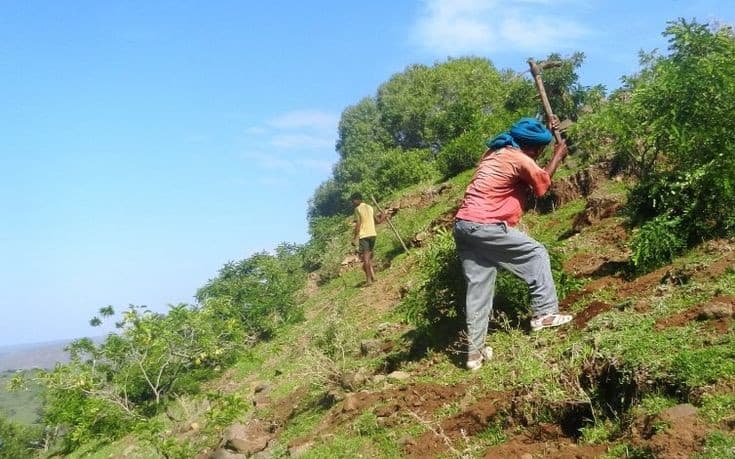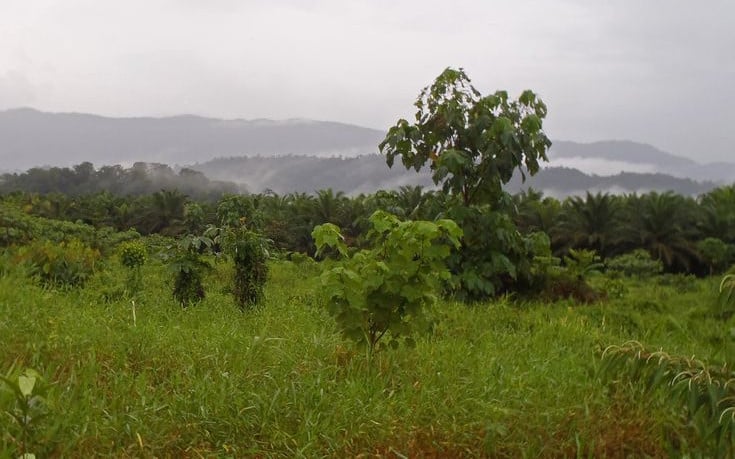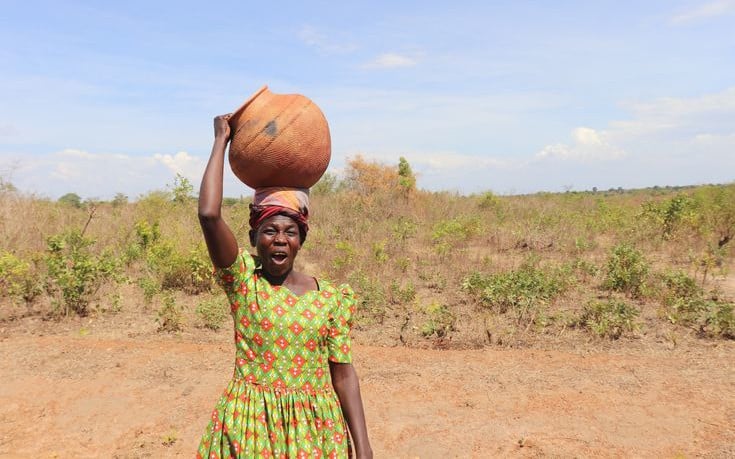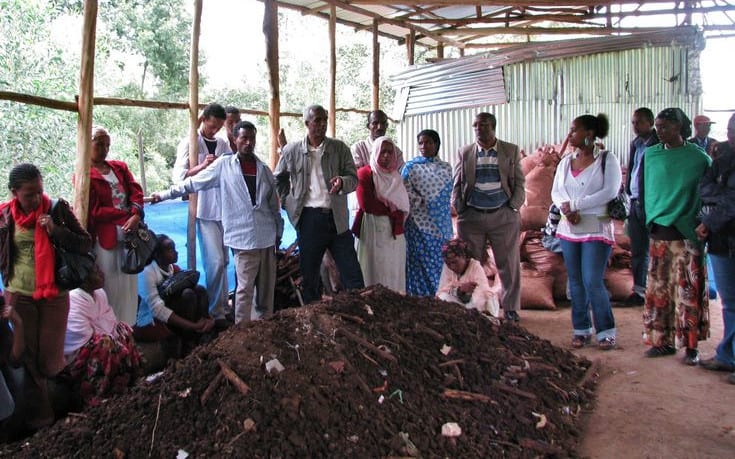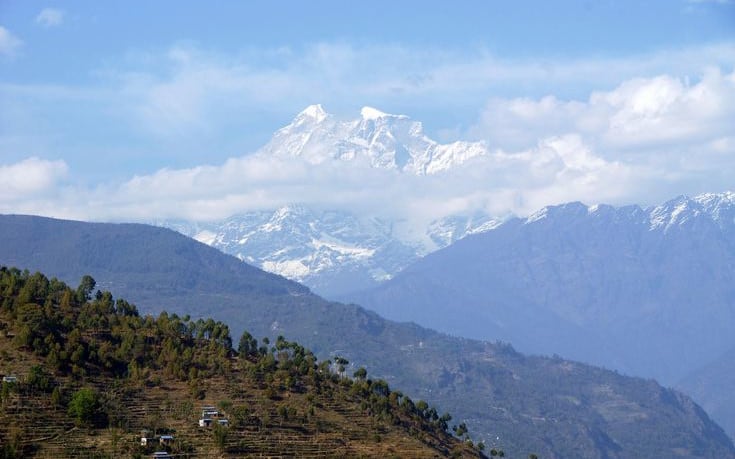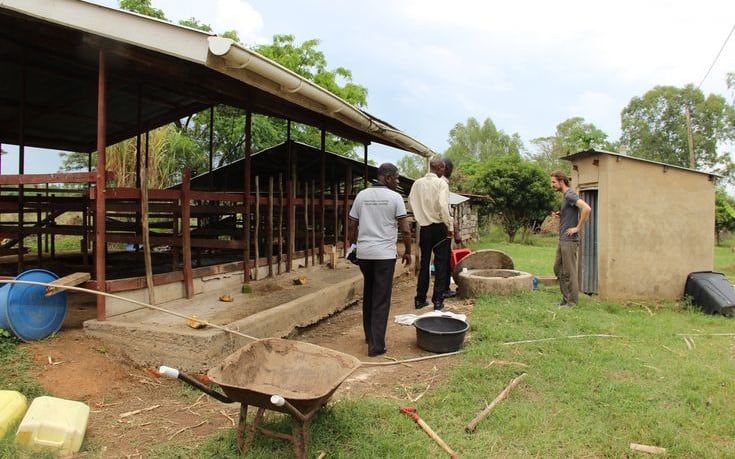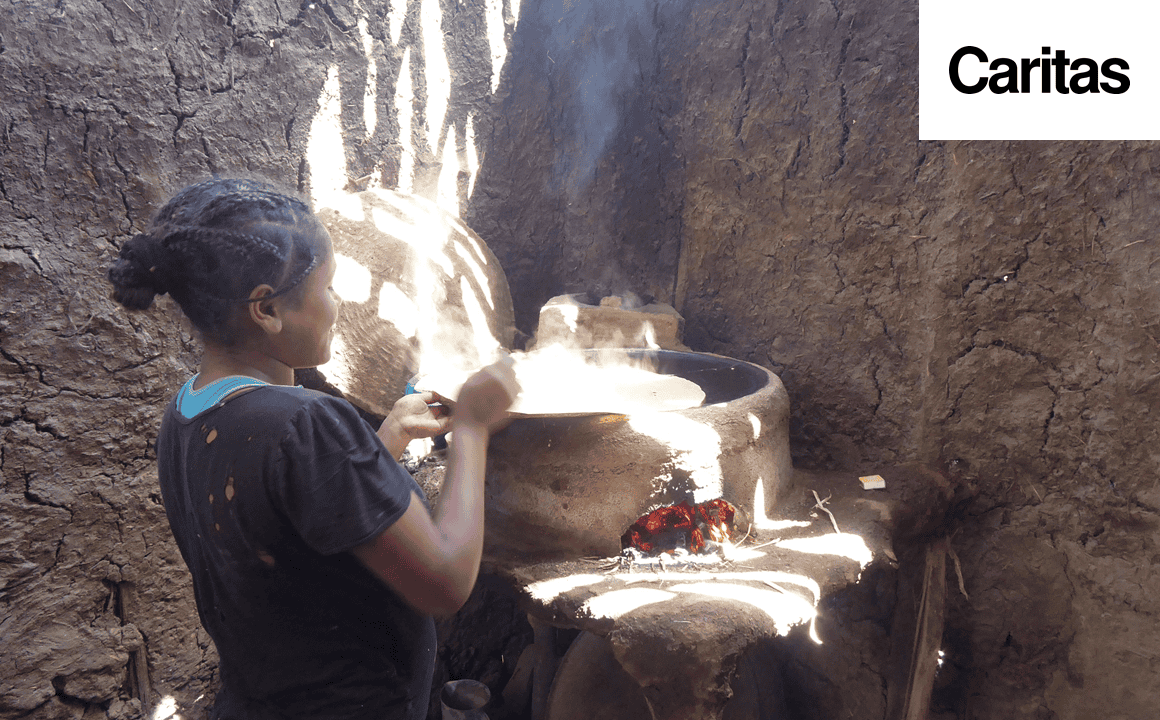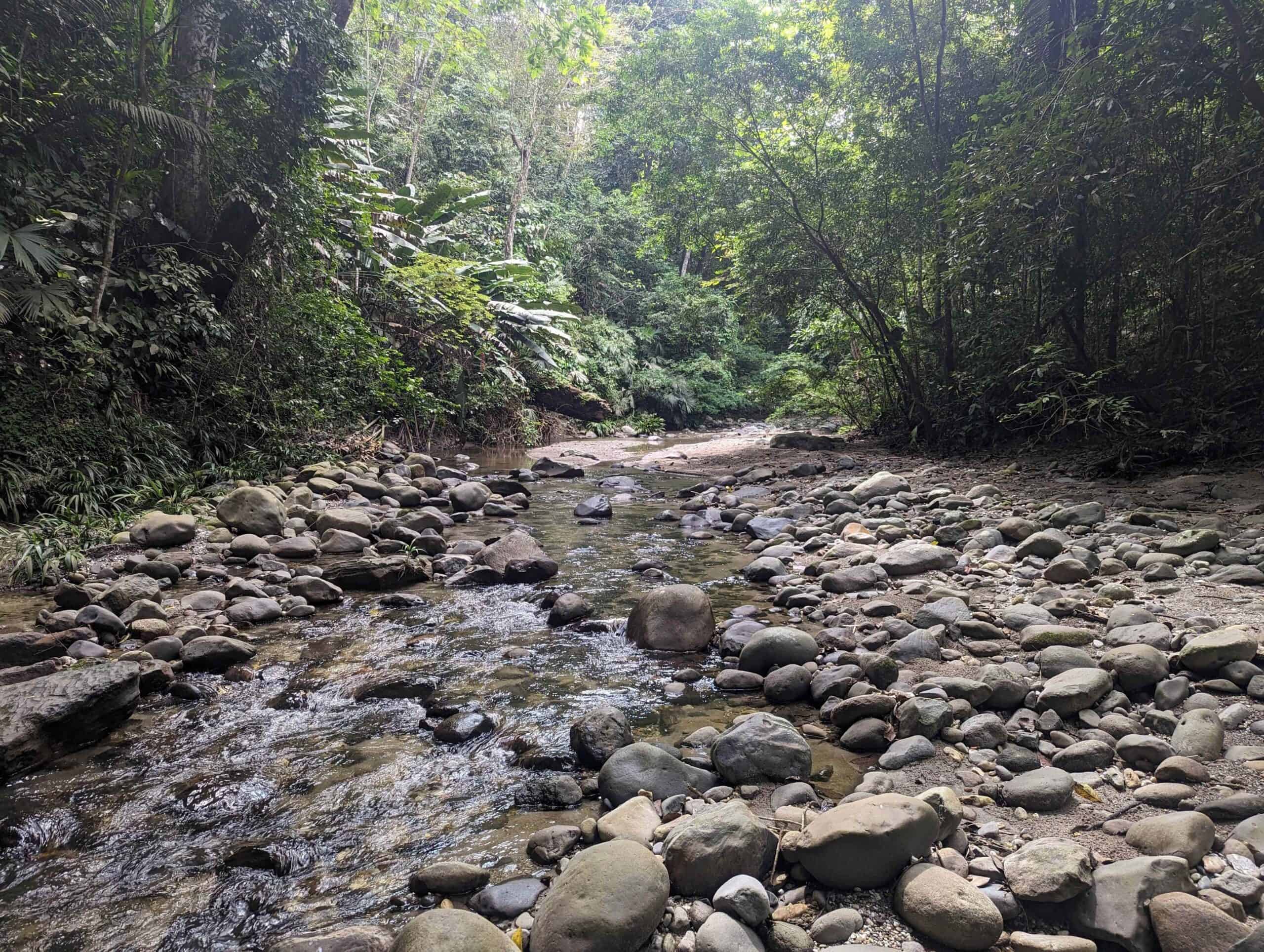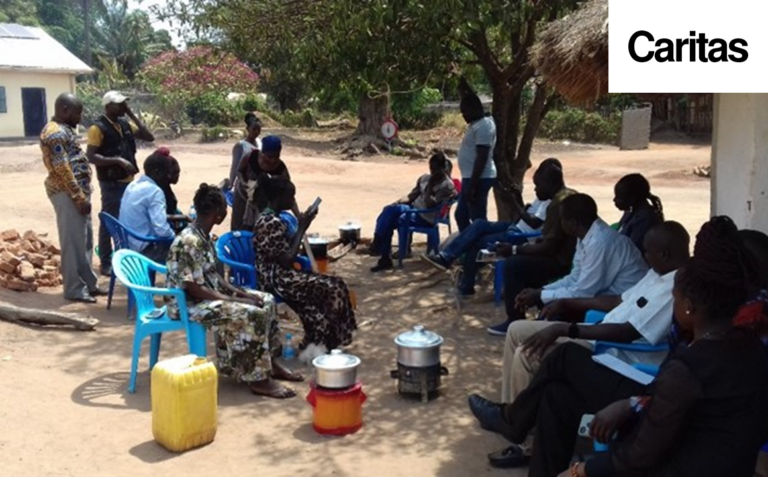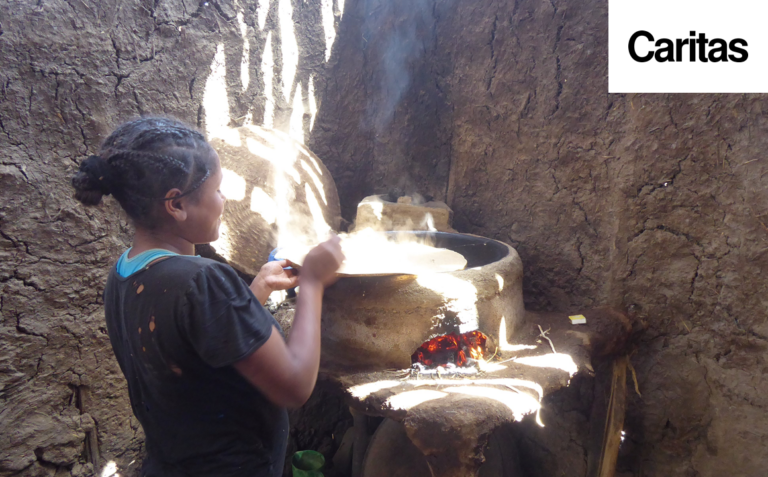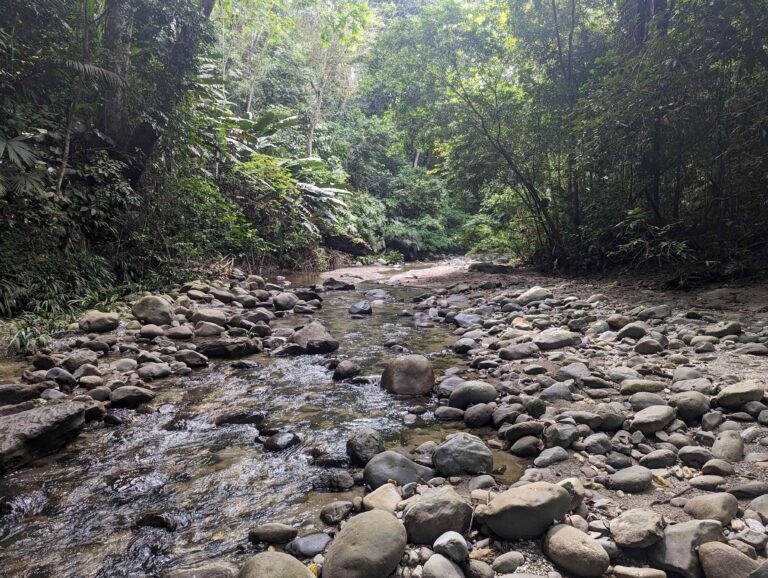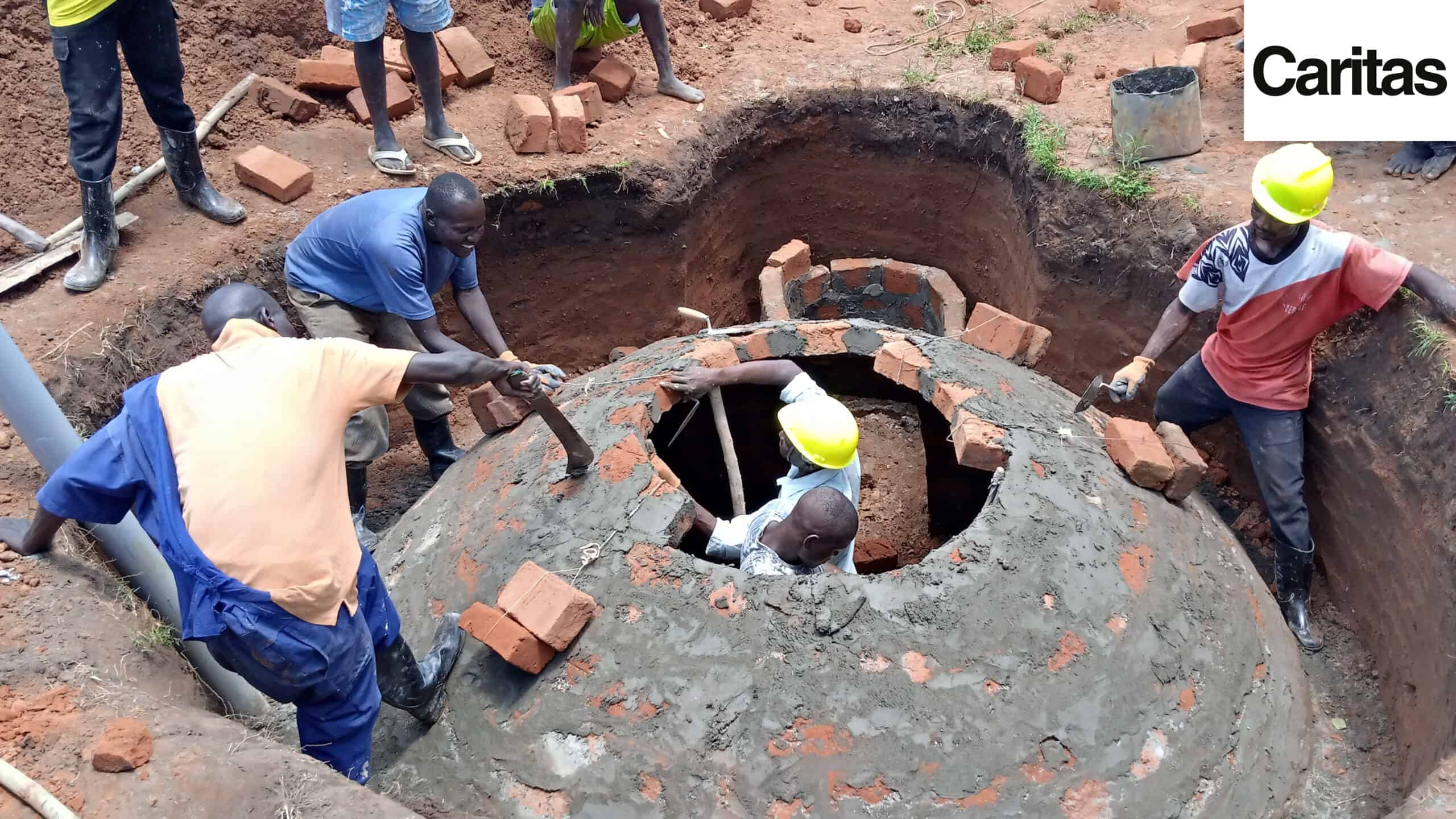Klimaschutzprojekt BOKU x Caritas
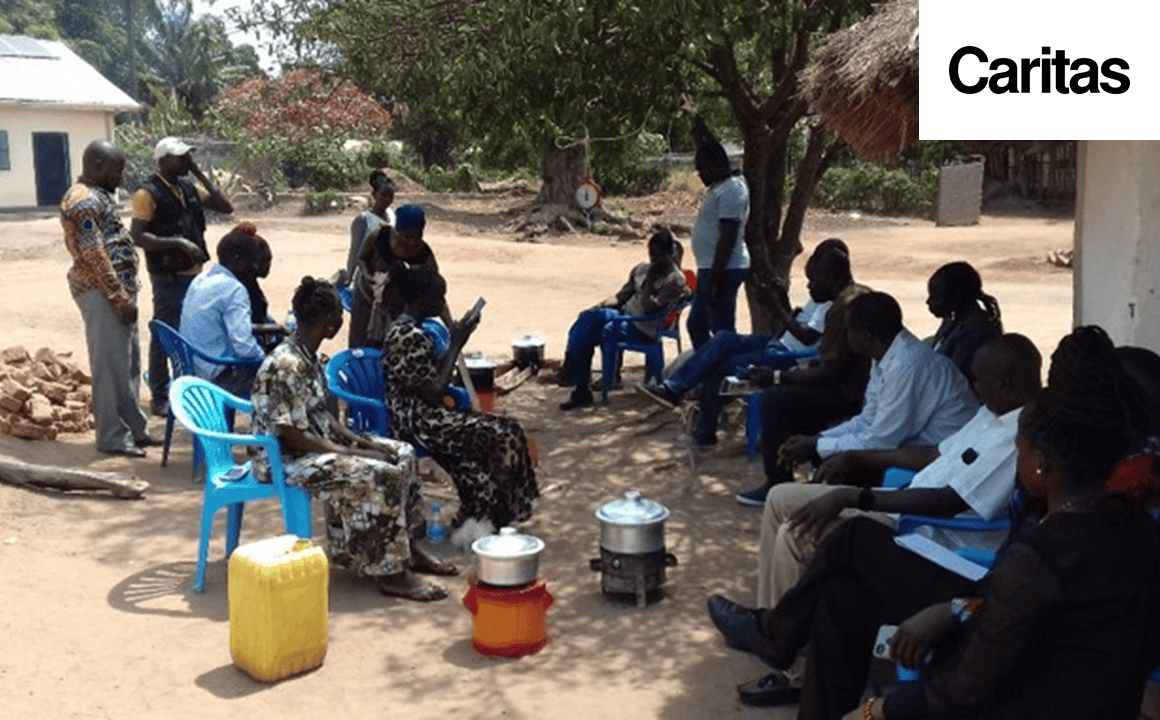
Sustainable Brick Production and Efficient Cookstoves instead of Deforestation and Poverty
In South Sudan, wood is used as fuel for cooking and brick firing, which causes high deforestation pressure and CO2-emissions. Deforestation leads to the degradation of fertile land and has negative impacts on the regional climate, such as longer dry periods, increased flooding, and more frequent bushfires. South Sudan, the fifth poorest country in the world, also faces widespread poverty. To counteract this and reduce CO2-emissions, the project provides efficient cookstoves that reduce the need for firewood and the associated deforestation. At the same time, brick production is shifting from firing clay bricks to pressing earth bricks.
Diverse Contribution to Sustainable Development on-site
The project contributes in multiple ways to sustainable development on-site. Specifically, it generates "co-benefits" for the Sustainable Development Goals (SDGs) 1, 5, 7, 8, 12, 13, 15, and 17. For example, the provision of energy-efficient cookstoves to a total of 1,250 households raises environmental awareness among the population and saves costs and time for firewood gatherers. As part of the project, a primary school and a learning center will be built using sustainably produced bricks. Thanks to training programs, around 100 young people will regularly earn income from sustainable brick production by the end of the project. Additionally, 900 households will plant a mango tree on their property. As part of the scientific accompanying research conducted by BOKU, two master's theses are planned.
Weiterführende Links:
